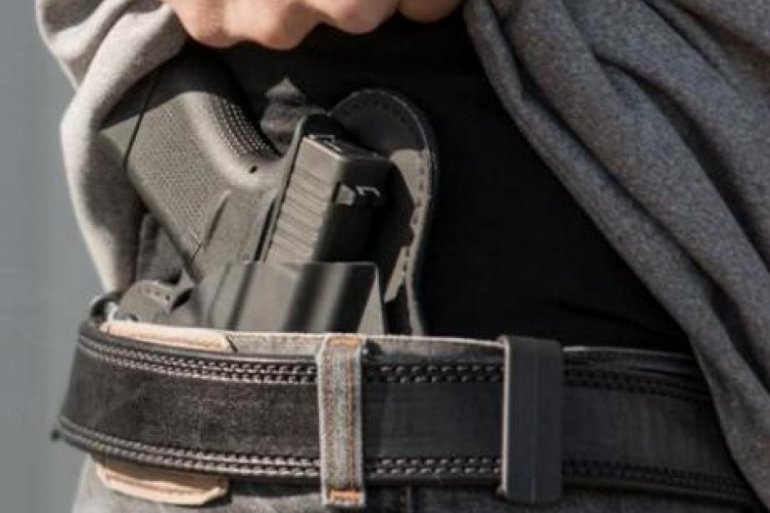There are a lot of stories in the media, including in some normally better-quality alternative media outlets, that a federal judge has just struck down the Land of Lincoln’s ban on concealed carry on public transportation. In reality, the case was an “as applied” challenge launched by four individuals. The decision only applies to them and it only applies to CTA and Metra properties.
ZeroHedge (quoting the Epoch Times) is an example of the mistaken coverage.
A federal judge recently ruled that Illinois’s ban on carrying guns in public transportation and in transportation facilities is unconstitutional, citing the Supreme Court’s 2022 landmark decision.
“After an exhaustive review of the parties’ filings and the historical record, as required by Supreme Court precedent, the Court finds that Defendants failed to meet their burden to show an American tradition of firearm regulation at the time of the Founding that would allow Illinois to prohibit Plaintiffs—who hold concealed-carry permits—from carrying concealed handguns for self-defense onto the CTA and Metra,” U.S. District Judge Iain D. Johnston wrote in his Aug. 30 opinion, referring to two Chicago-area transportation systems.
The judge was cited the Supreme Court’s decision, N.Y. State Rifle & Pistol Association v. Bruen, which found a New York law unconstitutional and that the ability to carry a pistol in public was a right guaranteed under the Second Amendment. The decision also said that, in future decisions, the judiciary should evaluate firearms regulations in light of the “historical tradition of firearm regulation.”
Under the Supreme Court’s 2022 standard for seeing whether firearms regulations fall under the Constitution, the government must demonstrate that the measure is within U.S. historical traditions.
Treating “any place where the government would want to protect public order and safety as a sensitive place casts too wide a net … [and] would seem to justify almost any gun restriction,” Johnston wrote.
He also rejected Illinois state attorneys’ arguments that the Bruen test did not apply in this case because the state, which owns the property, can regulate what individuals take onto its property.
“[I]ndividual rights isn’t nullified on public property,” he wrote.
Further, he added that the court found that the Second Amendment only “protects against governmental—not private—intrusion on rights and liberties.”
Here’s a more accurate description:
Today, FPC announced that a federal judge has declared the State of Illinois’ ban on carrying firearms on public transportation and in public transportation facilities unconstitutional as applied to the named plaintiffs in an FPC-supported lawsuit. https://t.co/jA1g779r66
— Firearms Policy Coalition (@gunpolicy) August 30, 2024
ROCKFORD, IL (August 30, 2024) – Today, Firearms Policy Coalition (FPC) announced that Federal District Court Judge Iain D. Johnston has declared the State of Illinois’ ban on carrying firearms on public transportation and in public transportation facilities unconstitutional as applied to the named plaintiffs in the FPC-supported lawsuit Schoenthal v. Raoul. The opinion, along with other case documents, can be viewed at firearmspolicy.org/schoenthal.
“After an exhaustive review of the parties’ filings and the historical record, as required by Supreme Court precedent, the Court finds that Defendants failed to meet their burden to show an American tradition of firearm regulation at the time of the Founding that would allow Illinois to prohibit Plaintiffs—who hold concealed-carry permits—from carrying concealed handguns for self-defense onto the CTA and Metra,” wrote Judge Johnston in the decision.
Counsel for the plaintiffs are reviewing the decision and will soon decide what, if any, next steps are appropriate. The State is expected to appeal the decision.
